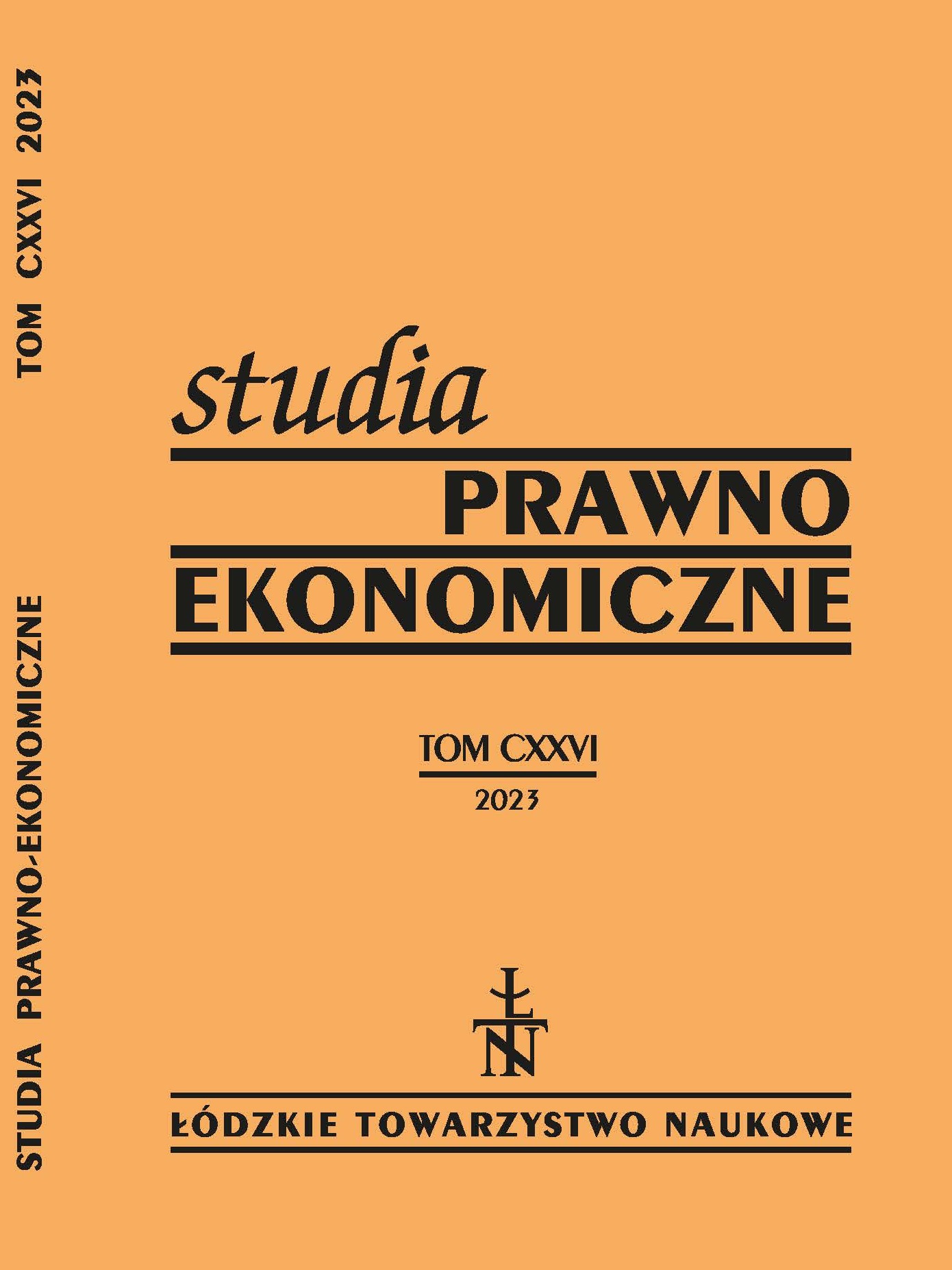WŁASNOŚĆ I CYWILIZACJA ŁACIŃSKA. DYSTRYBUCJONIZM W MYŚLI POLITYCZNO-PRAWNEJ FELIKSA KONECZNEGO
PROPERTY AND THE LATIN CIVILIZATION. DISTRIBUTISM IN THE POLITICAL AND LEGAL THOUGHT OF FELIKS KONECZNY
Author(s): Paweł BorutaSubject(s): Civil Law, Philosophy of Law, Philosophy of Law
Published by: Łódzkie Towarzystwo Naukowe
Keywords: Latin civilization; Koneczny; distributism; Belloc; Chesterton;
Summary/Abstract: Background: Feliks Koneczny’s intellectual heritage remains popular to this very day, inspiring creative scientific discourse in many fields. The most essential element of his legacy is undoub- tedly the original system of the comparative science of civilizations, in particular of the Latin civilization, which he described exhaustively, and with which he identified. To better understand the essence of his thought, it is necessary to look at it from numerous perspectives. The subject of this work is an attempt to compare the essential characteristics of Latin civilization according to Koneczny with a system of a potentially similar nature, to show both entities in a new light. The desired effect is to better explain the sources of both systems, as well as to establish potential paths for further development. Research purpose: The goal of the article is to place the Latin civilization next to distributism, and to examine to what extent distributism meets the political requirements set for Latin civiliza- tion by Koneczny. Distributism, the concept of the socio-economic system developed by Hilaire Belloc and Gilbert Keith Chesterton, presupposes in its essence the need for the widest possible distribution of material goods. The author aims to describe to what extent this goal is compatible with the Latin civilization. Methods: The author uses the historical-comparative and critical method to juxtapose Latin civilization and distributism. Through a thorough analysis of source materials, he determines both concepts’ origins and basic constituent factors, subsequently identifying analogies and relationships. Conclusions: The conclusion is the confirmation of the high compatibility of Latin civilization with the doctrine of distributism. Numerous identical elements are revealed: the recognition of the importance of property and economic freedom; the requirement of the widest possible distribution of ownership, especially land ownership; a posteriori method of systemic development; legisla- tion conducive to the division and maintenance of property; affirmation of the role of the Catholic Church and Christian morality in the formation of societies. The obtained research results allow to put forward the thesis stating that distributism is the model economic system in the Latin civilization. The success of the comparative analysis bodes well for further comparative studies concerning the types of civilization proposed by Koneczny and the economic systems described by Belloc and Chesterton.
Journal: Studia Prawno-Ekonomiczne
- Issue Year: 2023
- Issue No: 126
- Page Range: 9-25
- Page Count: 17
- Language: Polish

